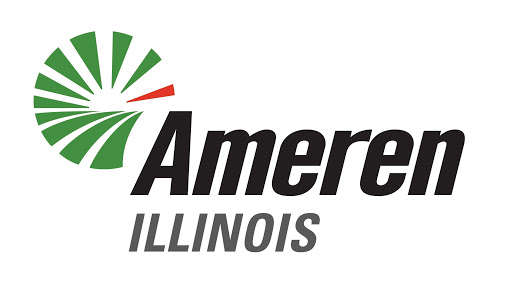
With cooler temperatures in the forecast, some homeowners and renters will turn on their natural gas furnaces for the first time this season. Ameren Illinois encourages residential and business natural gas customers to have their furnaces inspected by a professional HVAC technician to check for potential leaksother appliance operational hazards.
Natural gas in its pure form is odorless and colorless. Ameren adds an odorant called mercaptan to the natural gas it distributes. Mercaptan gives the natural gas a distinctive rotten egg smell that makes it easier to detect.
“Natural gas is a safe and exceptionally reliable source of energy, but it poses a danger if people are not vigilant in reporting a suspected leak,” said Eric Kozak, vice president, Gas Operations and Technical Services, Ameren Illinois. “We strongly urge our customers to play it safe and alert us if they even suspect a problem.
Responding quickly to reports of suspected natural gas leaks is a high priority for Ameren. Natural gas leak calls are responded to in an average of about 22 minutes, and within 60 minutes in all situations.
“A customer should never smell natural gas in or around their home or business. If they do, they need to leave the premises immediately and call Ameren Illinois at 1.800.755.5000,” Kozak said. “Our crews will respond immediately no matter what time of day, seven days a week, and there is absolutely no charge to the customer.”
A qualified professional should inspect their natural gas appliances, piping, fittings and connections on an annual basis. Potential safety concerns include:
Corrugated stainless-steel tubing (CSST) – CSST is a flexible stainless-steel pipe used to supply natural gas throughout a home or building and is often coated with yellow or black exterior plastic. CSST must be properly bonded to reduce the risk of gas leaks or fire should lightning strike nearby. A licensed electrician can determine if you have CSST and ensure it is properly bonded and grounded.
Flared gas fittings – Copper tubing has been used for natural gas service in homes for years, but over time it can weaken due to corrosion. Breaks or cracks usually occur at “flared” connections between natural gas appliances and house piping. These fittings should be periodically inspected and corrected if there are any visible signs of damage.
Flexible gas connectors – These are the shorter corrugated metal tubes that connect the moveable gas appliances to your home or building’s gas supply line.
Some older, uncoated brass versions have a serious flaw in how their tubing was joined to their end pieces. These should be replaced by a qualified professional with a stainless-steel connector, as shown on the right.
Unplugged gas lines – If you have gas lines that are no longer in use, be sure to install a plug sized for the pipe above the valve. Turning off the valve is not enough because it could be accidently bumped and release gas.
If you smell gas, act fast and follow these safety tips:
• Evacuate the location immediately.
• Do not operate light switches, thermostats, garage door openers, appliances, fans, or anything that could generate a spark.
• Do not unplug phone chargers or any other electrical equipment that could cause a spark.
• Do not light cigarettes, matches, candles or use anything with an open flame.
• Do not open windows or doors to ventilate.
• If you are calling from a landline phone, put the phone down after this call but do not hang up.
• If you are calling from a cell phone, carry it outside with you and then hang up.
• Do not re-enter the property for any reason until Ameren personnel tell you it is safe to enter.
• After vacating the premises, watch for Ameren from a safe distance up or down the street. Do not wait close to the home or building in question.


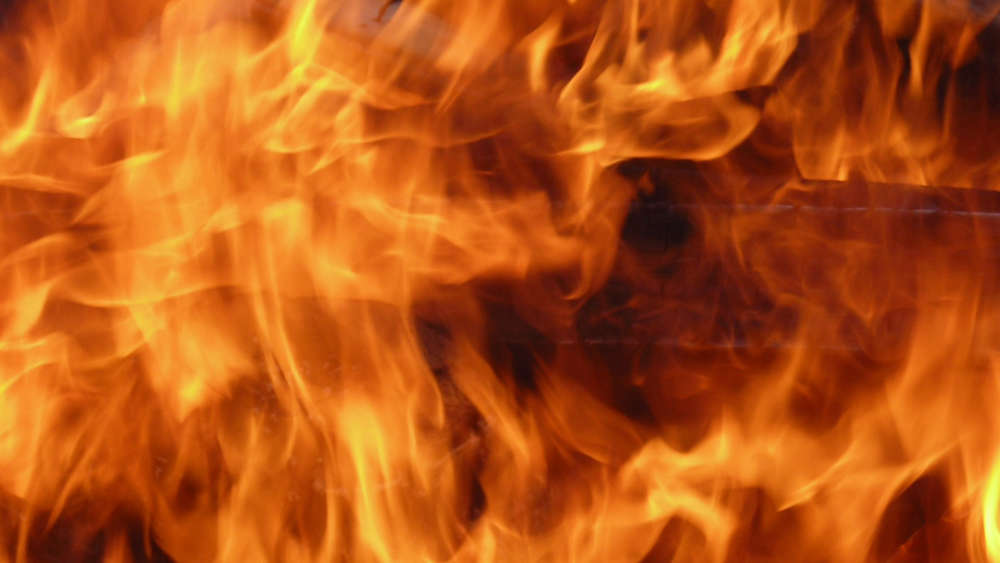 Residential fire in Knox County
Residential fire in Knox County
 Wanted man arrested in Lawrence County
Wanted man arrested in Lawrence County
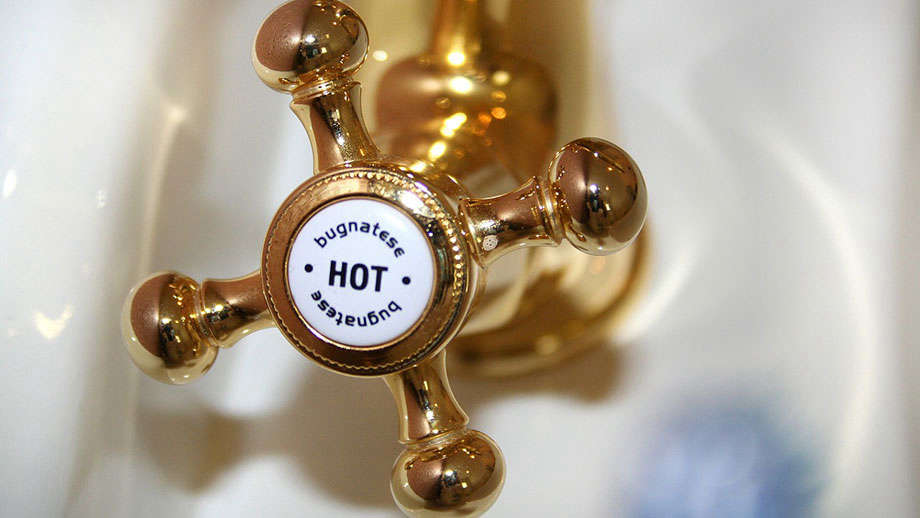 Sumner water service disruption
Sumner water service disruption
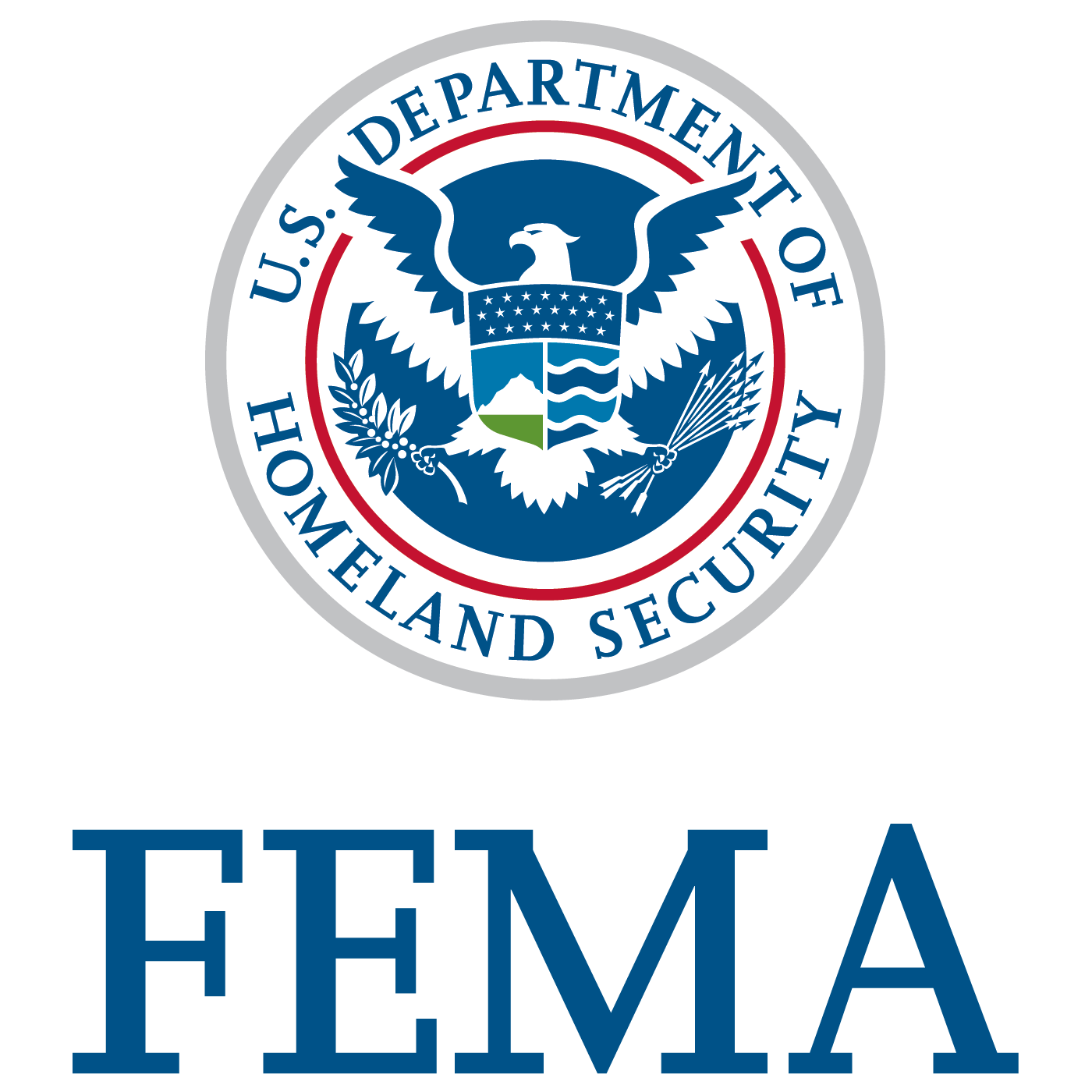 Prepare now for severe weather threat starting Friday
Prepare now for severe weather threat starting Friday
 INDOT work scheduled in Knox County
INDOT work scheduled in Knox County
 Sumner city council sets spring cleanup
Sumner city council sets spring cleanup
 Bridgeport to hire new city superintendent
Bridgeport to hire new city superintendent
 Mt. Carmel police searching for armed robber
Mt. Carmel police searching for armed robber
 Vincennes City Council backs housing development
Vincennes City Council backs housing development
 Lawrence County arrest
Lawrence County arrest
 Wanted man arrested in Lawrence County
Wanted man arrested in Lawrence County
 Lawrence County accident investigation
Lawrence County accident investigation
 Lawrence County 4-H member places in photo competition
Lawrence County 4-H member places in photo competition
 Red Hill Unit 10 special session
Red Hill Unit 10 special session
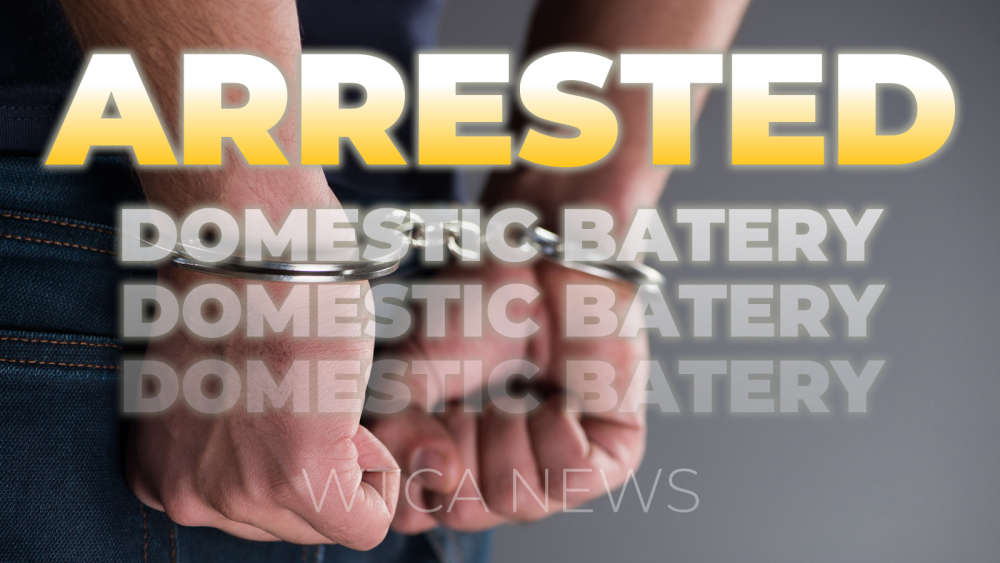 Lawrence County arrest
Lawrence County arrest
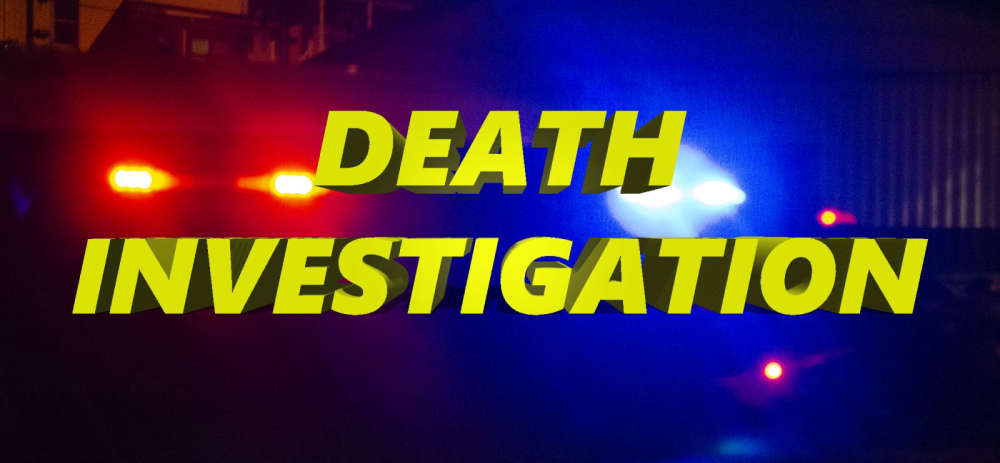 Richland County inmate death
Richland County inmate death
 Lawrence County assisted living facility changes name
Lawrence County assisted living facility changes name
 Halter named Bears All-Star Award winner
Halter named Bears All-Star Award winner




